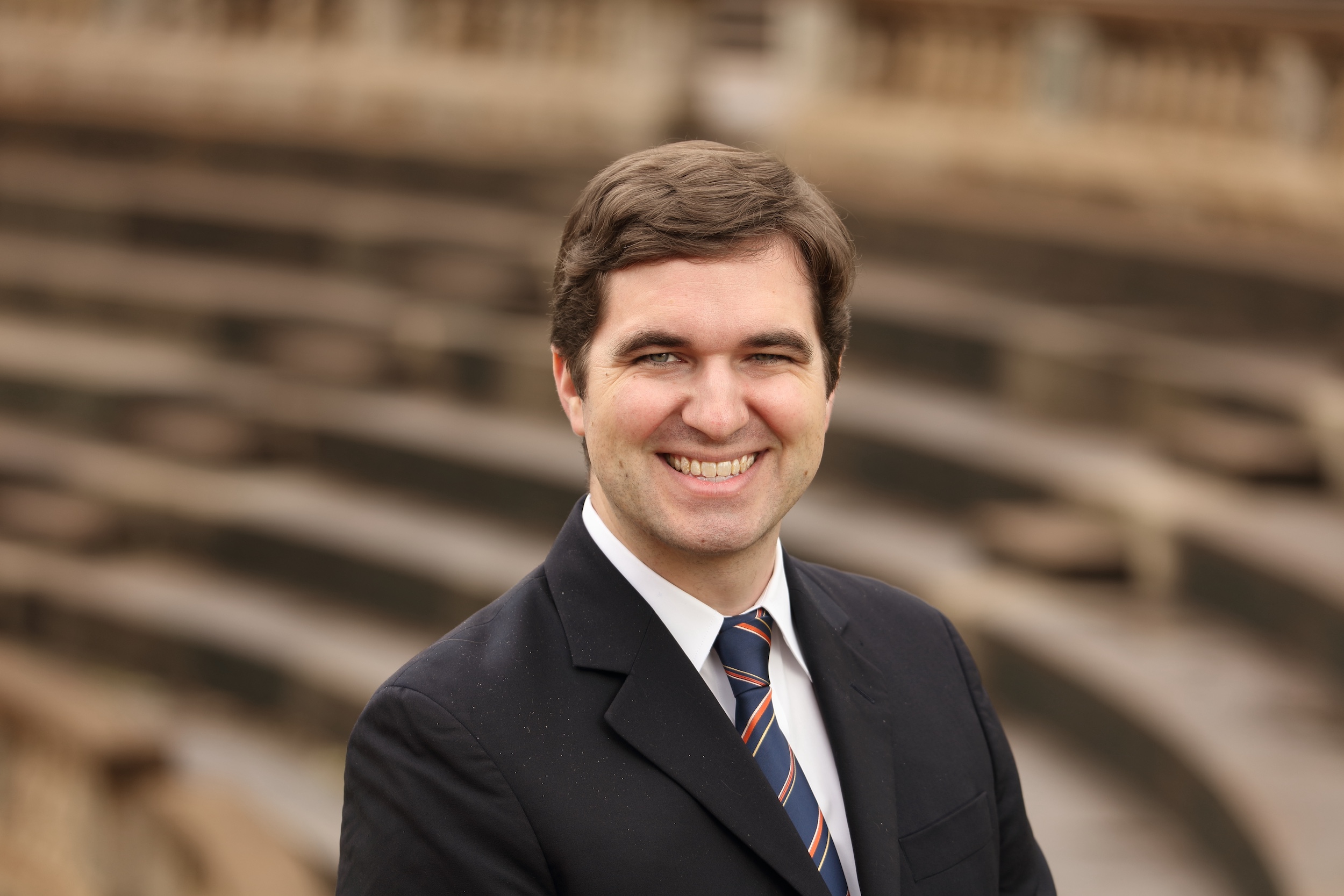Deployed to the Hill: How Military Experience Influences Legislative Behavior in Congress
Military service is often touted as an important benefit for legislating in Congress. With fewer military veterans serving in Congress, candidates with military experience and their supporters often argue that electing more veterans will help reduce legislative dysfunction and gridlock. Are veteran legislators more effective lawmakers than those who have not served in the military? Are they more bipartisan in their legislative activities? Major Joseph Amoroso, an Instructor of American Politics at the United States Military Academy at West Point, draws on U.S. House data from the 104th to 116th congresses (1995-2021) to examine the extent to which military experience influences a Representative’s capacity to advance legislation and engage in bipartisan behavior. He found that legislators with military experience are more effective at advancing consequential bills through the lawmaking process. Additionally, veterans appear more willing to collaborate with members of the opposite party, particularly during recent congresses. These findings are closely related to our previous CEL working paper – cited by Maj. Amoroso – about the lawmaking effectiveness of military veterans in Congress who deployed, post-9/11.
To learn more, read the full report here.



